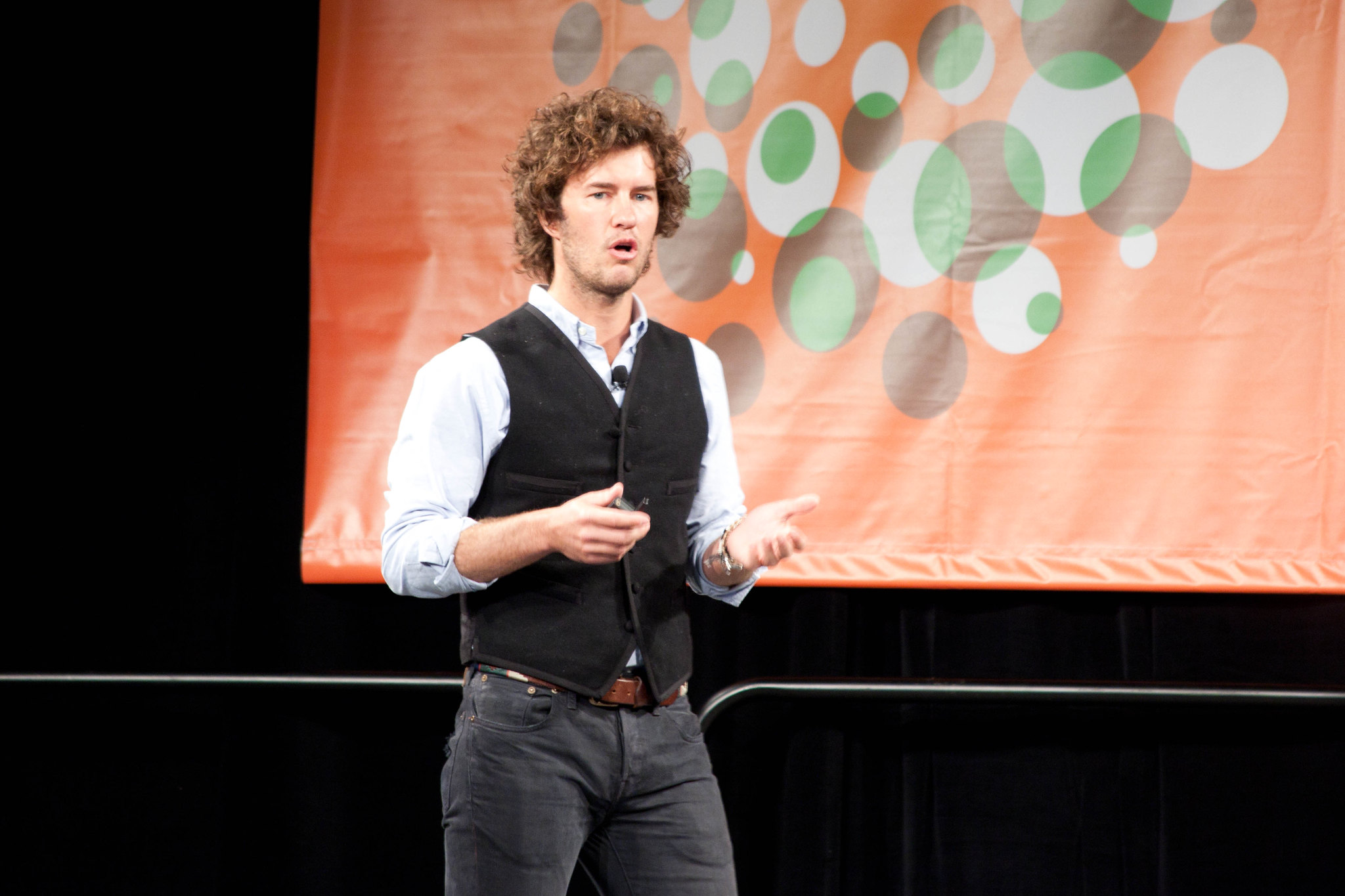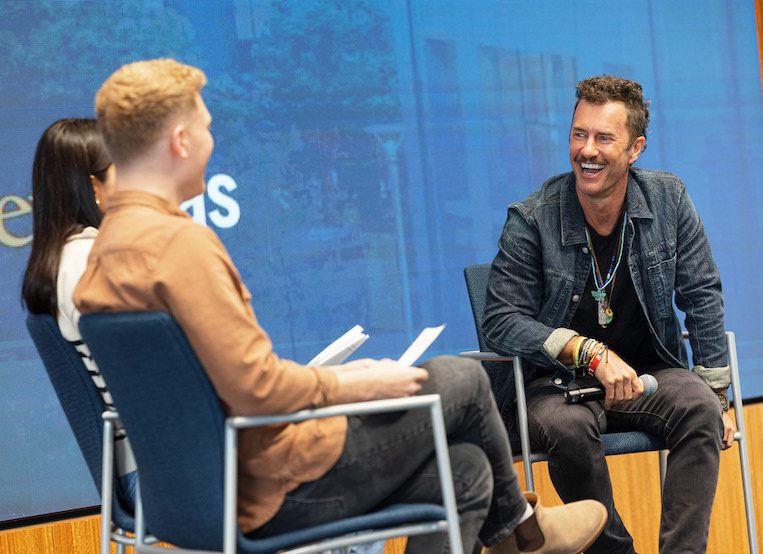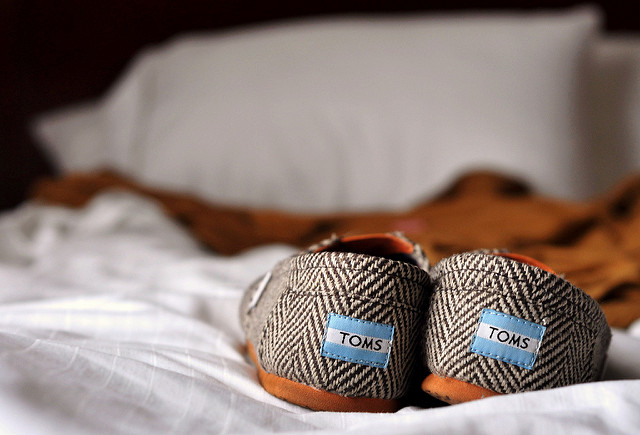Blake Mycoskie is more than a name synonymous with TOMS Shoes—he’s a pioneer of social entrepreneurship, a dreamer who reimagined how business could serve humanity. His path is marked by resilience, curiosity, and a heartfelt commitment to making the world a better place. This is the story of a man whose journey from failure to purpose has inspired millions to see business as a force for good.
Born on August 26, 1976, in Arlington, Texas, Blake Mycoskie grew up in a tight-knit family. His mother, a writer, and his father, an orthopedic surgeon, instilled in him the values of hard work, creativity, and compassion. Growing up, Blake excelled at tennis and dreamed of playing professionally. However, an Achilles tendon injury during college at Southern Methodist University (SMU) abruptly ended that chapter of his life.
The loss of his tennis career was a pivotal moment, forcing him to rethink his identity and aspirations. Instead of wallowing in disappointment, Blake redirected his focus to entrepreneurship. “That injury was devastating at the time,” he later shared, “but it turned out to be the best thing that ever happened to me. It opened the door to a different kind of success.”
At just 19, Mycoskie launched his first venture, EZ Laundry, a door-to-door laundry service for college students. Though successful, he eventually sold the business to pursue other opportunities. This began a series of ventures, including a billboard company and a reality TV network. While these experiences taught him valuable lessons, none ignited his soul as he hoped.
The Life-Changing Trip to Argentina
In 2006, Mycoskie’s wanderlust took him to Argentina. There, he immersed himself in the vibrant culture, learned to tango, and enjoyed the warmth of the locals. Yet amidst the beauty, he encountered a heartbreaking reality: children walking barefoot in the streets, exposed to injury and disease. He discovered that for many families, shoes were a luxury they simply couldn’t afford, and the lack of proper footwear prevented children from attending school.
This encounter haunted him. “I couldn’t shake the image of those kids,” Blake recalled. “I kept thinking, there has to be something I can do to help.” Then, during a quiet moment on an Argentinian farm, inspiration struck: what if a business could provide a sustainable solution?
His idea was simple but revolutionary: for every pair of shoes sold, a new pair would be given to a child in need. Returning to the United States, he poured his savings into launching TOMS Shoes—short for “Tomorrow’s Shoes.” The “One for One” model was born, a concept that would forever change the way businesses approach giving.
Blake launched TOMS from his Los Angeles apartment, hand-delivering his first batch of alpargata-inspired shoes to stores himself. He relied on grassroots marketing, focusing on storytelling to connect with customers. The authenticity of his mission resonated, and TOMS quickly gained traction.
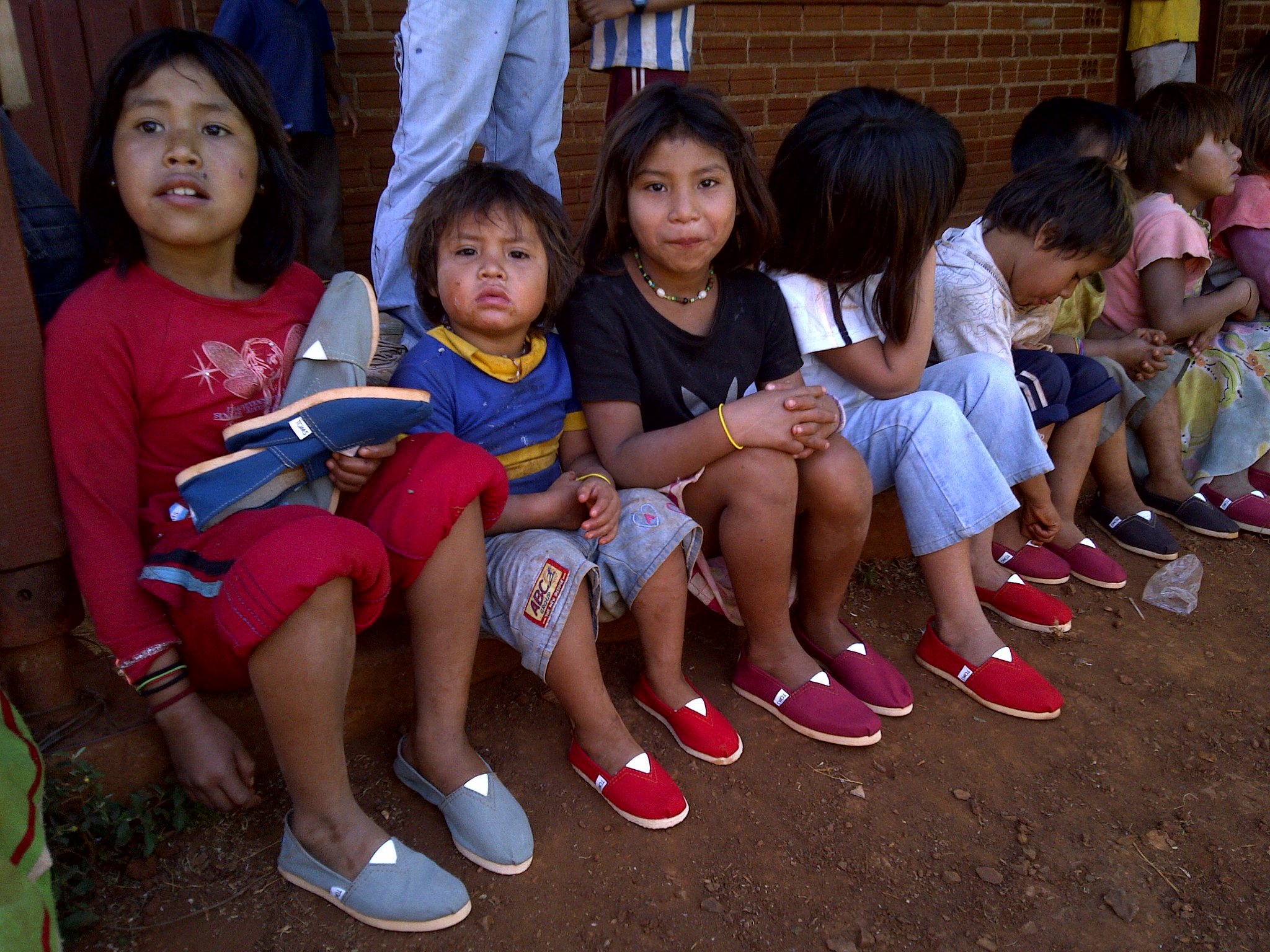
© Andy Sternberg, Flickr
The company’s early success was nothing short of extraordinary. By 2013, TOMS had given over 10 million pairs of shoes to children in more than 60 countries. As the brand grew, so did its mission. Blake expanded into eyewear, pledging to provide vision care for every pair of glasses sold, and later ventured into clean water initiatives and maternal health programs.
In an interview with Harvard Business Review, Mycoskie reflected on these expansions: “We realized that giving shoes and sight was great, but we could do more. We could address other needs and causes that our customers and employees were passionate about.” His willingness to evolve TOMS’ mission highlighted his belief in business as a dynamic force for good.
The Challenges Behind the Vision
Mycoskie’s success came with its share of challenges. Managing the rapid growth of TOMS while staying true to its mission proved daunting. Critics argued that donating shoes may inadvertently harm local economies by undercutting local shoemakers and fostering dependency rather than empowering communities. Additionally, sustaining the Buy One, Give One model in a competitive retail environment has proven financially demanding, especially as consumer expectations for brands to address systemic issues, like job creation and sustainability, have grown. TOMS has adapted by diversifying its impact initiatives, such as funding clean water projects and supporting maternal health, aiming for more sustainable, long-term solutions to global challenges.
In 2014, Blake sold a 50% stake in TOMS to Bain Capital, a move that allowed him to focus on his next passion: nurturing other social entrepreneurs. Part of the proceeds funded a $100 million investment in innovative, purpose-driven startups.
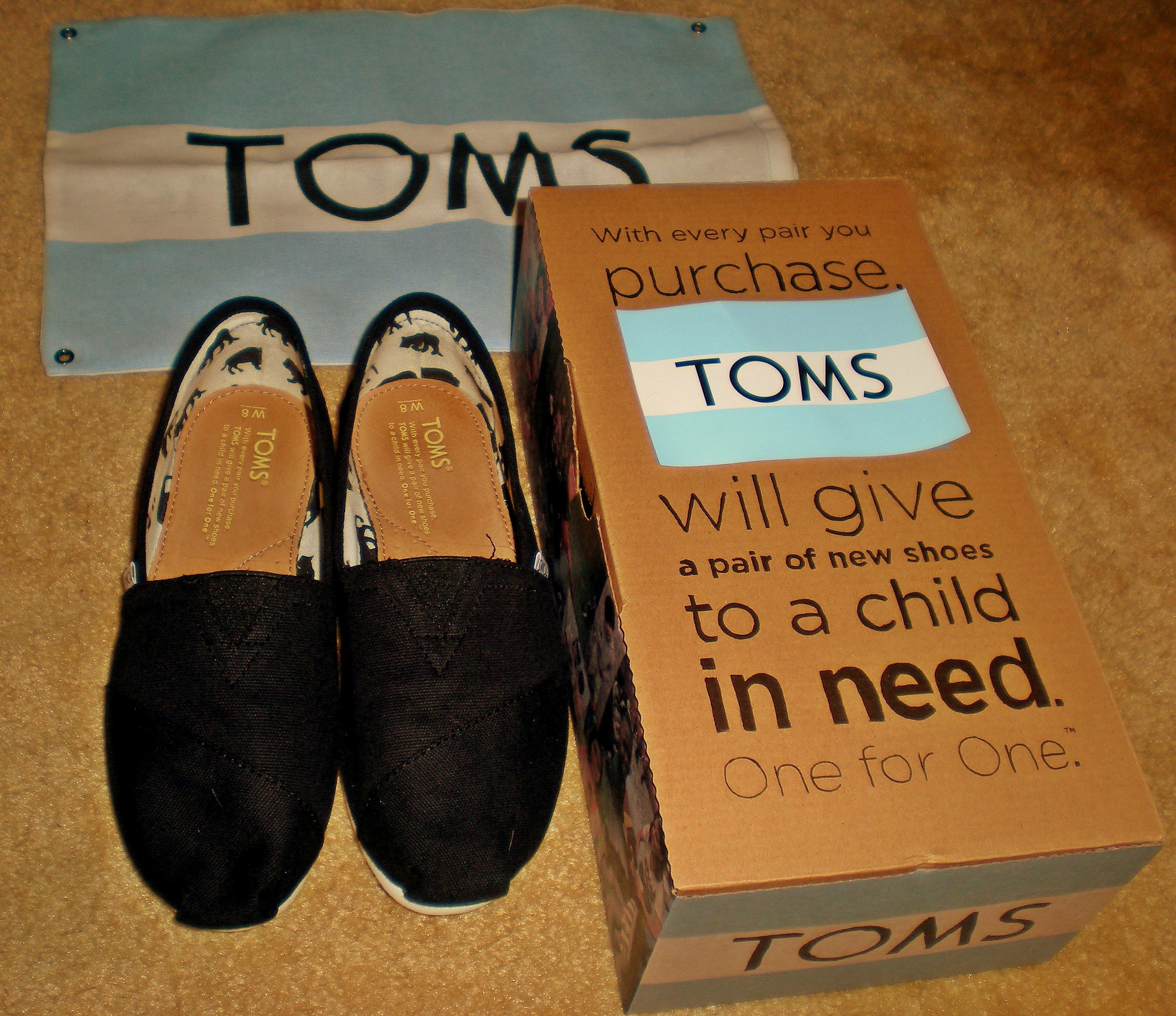
© Sleepy Moth, Flickr
Personally, Mycoskie experienced his own ups and downs. In interviews, he has opened up about the toll of managing a mission-driven business, admitting to moments of burnout and self-doubt. “I felt like I was carrying the weight of the world,” he once said. “But I also knew that the work we were doing mattered, and that kept me going.”
These reflections resonated with readers of his 2011 book, Start Something That Matters. The book not only chronicled his journey but also offered practical advice for those seeking to align their work with their values. It became a New York Times bestseller, inspiring countless entrepreneurs to prioritize purpose alongside profit.
Today, Blake Mycoskie lives in Jackson, Wyoming, where he embraces an active, outdoor lifestyle. A devoted father, he balances his time between family, personal wellness, and his ongoing commitment to social impact.
He has invested in several ventures, including Madefor, a company focused on personal development and mental wellness. This latest chapter reflects Blake’s belief that true impact starts with individual growth. “To change the world, you first have to be at peace with yourself,” he remarked in a recent interview.
Blake Mycoskie’s legacy lies in his ability to reframe success, proving that business and philanthropy are not mutually exclusive. Through TOMS, he has inspired a generation to think beyond profits, showing that a simple idea—when executed with heart and integrity—can create lasting change.
As he often says, “It’s not about how much you make, but how much you give. That’s the true measure of success.” For Mycoskie, every step has been about walking a path that uplifts others—a path that continues to inspire millions.
Blake’s story is a testament to the power of compassion and resilience, reminding us that the most extraordinary ideas often come from the simplest acts of empathy.

